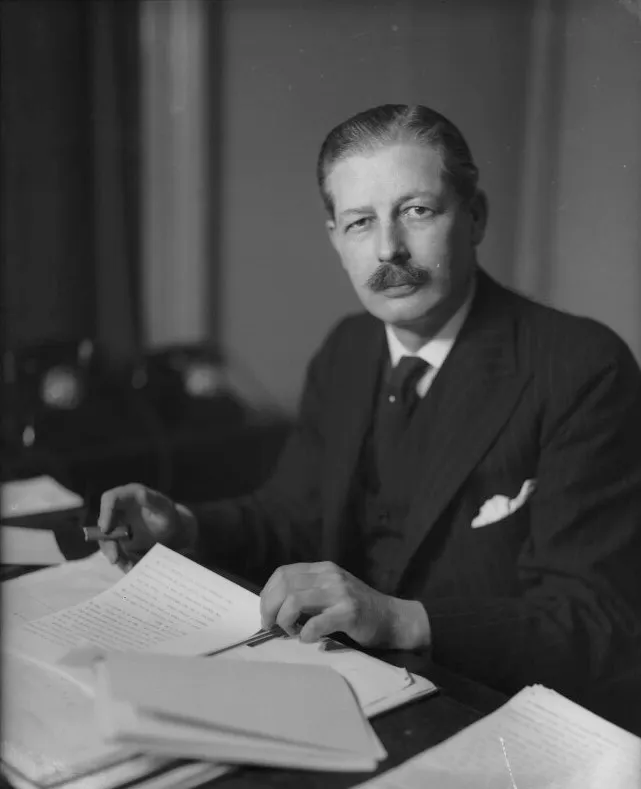For a lasting solution to the housing emergency, the Conservative party should learn from its past
Published: by Chris Wood

This week’s budget did very little to tackle the housing emergency. The Conservatives should learn from their past and set out a bold plan.
Despite recognising the cost of living crisis, there was very little from the Chancellor in this week’s budget to tackle the biggest cost most of us face: our housing.
Announcing three years of funding for local homelessness and rough sleeping support, rather than the usual annual announcements, will help provide certainty to both councils and the services they commission. And there was a £65m relief fund to support struggling private renters who built up arrears during the pandemic, the result of our campaigning along with that of other organisations. This will undoubtedly help some families stay in their homes this Christmas. But it was only a fifth of what was needed, and it’s too late for people already facing eviction since the eviction ban ended in May.
These announcements pale in comparison to the challenge faced, as we set out in our submission to the government. Millions of people are now cutting back on food or heating to keep a roof over their head, and a quarter of private renters are worried they will lose their home. Yet there’s nothing out there to tackle the real cause: a lack of homes people can afford.
To find a lasting solution to the housing emergency, the Conservative party should learn from its past. 70 years ago this week, a Conservative government was elected on a manifesto that put housing at its centre. They argued that homes have an impact on productivity, family life, health and education.
Prime minister Winston Churchill summoned his new housing minister Harold Macmillan and told him to “build the houses for the people”1. And he did. Knowing that the private sector would never build enough, Macmillan convinced the Treasury to fund councils to build. This Conservative government built 166,000 social homes in their first year, then 205,000 the next, then 208,000 the year after, and so on. It’s said that the total was displayed in the department like a cricket scoreboard2.
Seventy years on, the government has the same target of 300,000 new homes a year as Macmillan3. And in 2021, as in 1951, the government is used to making the big decisions needed to protect the nation. Macmillan approached housebuilding as “a war job” with a clear plan and investment. This government should do the same.
Most Conservative MPs know the government needs to fund more social housing to tackle the housing emergency. And the mistakes of the past can be avoided. We know to build social housing alongside private homes rather than in separate estates, and a new generation of social housing should be high quality and net zero, setting the standard for private developers.
But instead, successive governments have relied on the private sector to build more homes even if that reduces prices and hits their profit margins. Macmillan knew this would not happen, but forgetting this simple truth has hit this country hard. The lack of housing means prices keep rising, putting a secure home out of reach for more and more people. The lack of social homes means councils have nowhere affordable to house people in need, so more end up homeless.
We need at least 90,000 social homes a year to tackle homelessness and deliver enough housing overall. Macmillan managed many more than this. But last year only a pitiful 7,000 social homes were built.
There may be some cause for optimism. Recent governments have recognised the housing market is broken and committed to fix it. As in 1951, the department for local government has had housing added to its title. And like many Conservative MPs, the new housing secretary Michael Gove has previously argued that we need more social housing. This is not a minor problem, nor is it short term. And the government missed an opportunity to tackle it this week. But Gove has a reputation for taking on big issues, so if he wants a legacy to rival Macmillan, he should get building.
We believe home is everything. If you agree, make your voice heard by supporting our campaign to build more social housing. Join the fight
Footnotes:
1 https://www.the-tls.co.uk/articles/at-the-flood/
2 https://www.conservativehome.com/thetorydiary/2013/10/how-macmillan-built-300000-houses-a-year.html
3 In 1951 the target was for new homes built, now it is net additional supply, which takes into account sales and demolitions as well as new homes, whether new build or converted.